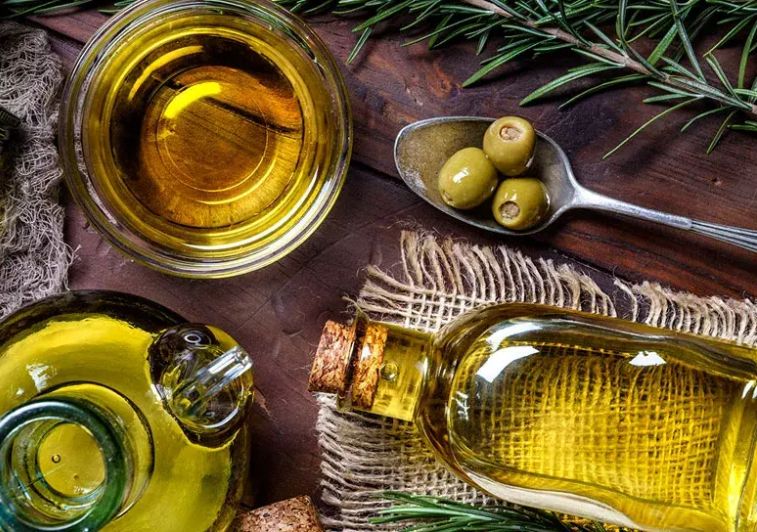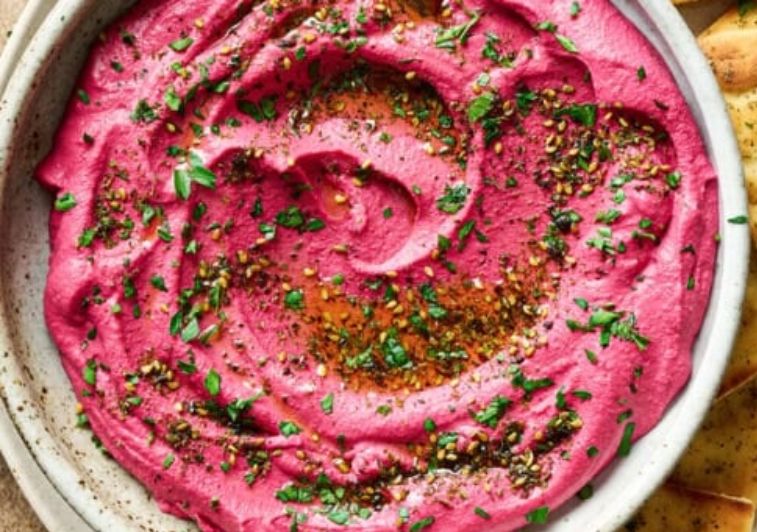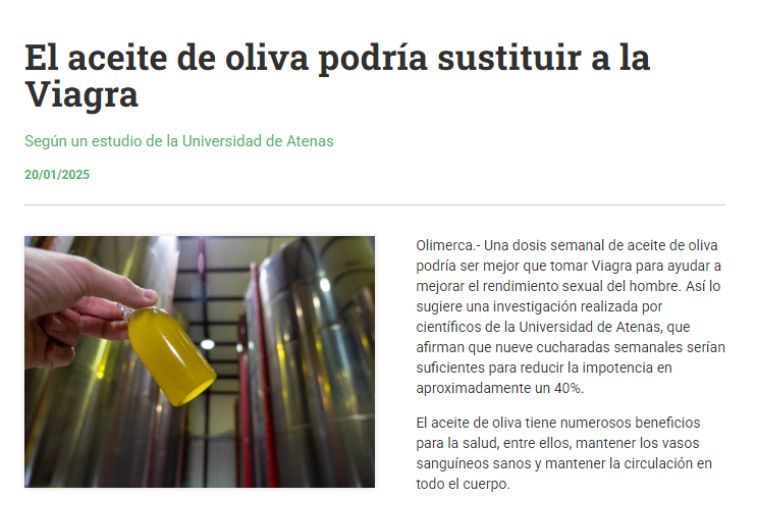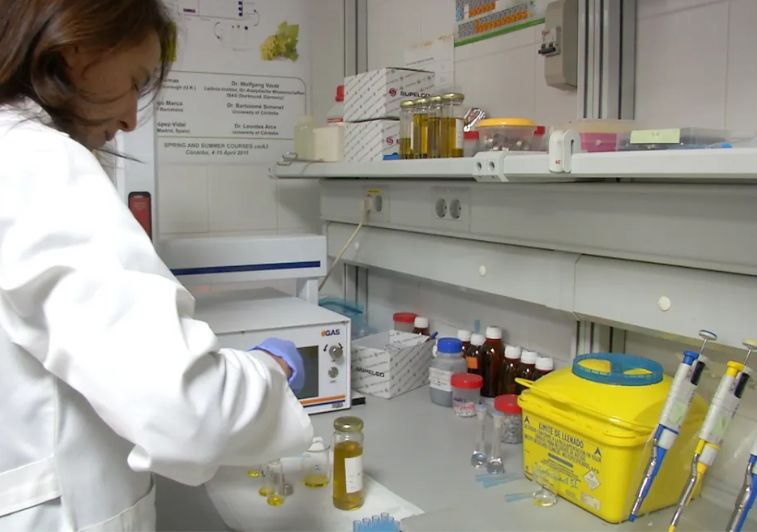EXTRA VIRGIN OLIVE OIL AND CHOLESTEROL

A lot of people have a genetic predisposition for high cholesterol levels, a condition known as hypercholesterolemia. This is a syndrome caused by a malfunction of the gene that is responsible for eliminating cholesterol from the blood. However, the largest factors in causing an increase in cholesterol levels are a sedentary lifestyle and a poor diet, especially through an excessive intake of saturated fats present in dairy products, meat and their derivatives. Another major source is vegetable oil of tropical origin, widely used in the production of pre-cooked food such as pastries and cakes etc. which are increasingly consumed nowadays.
Extra virgin olive oil can help to control cholesterol levels by raising levels of good cholesterol (HDL) and lowering levels of bad cholesterol (LDL). However, not just any olive oil will do, because its effectiveness has a lot to do with the amount of oleic acids and polyphenols (natural antioxidants) present in the oil. It also depends on factors such as the variety of olive or its degree of maturation, which are crucial to obtaining a high quality extra virgin olive oil.
Good cholesterol, or HDL, helps to eliminate fat and bad cholesterol (LDL) that tend to build up on artery walls, by directing them to the liver, where they can be eliminated. Thus, the risk of developing obstructed or blocked arteries decreases, as well as that of having a heart attack or a stroke. Numerous studies confirm that extra virgin olive oil strengthens the effects of good cholesterol by facilitating the transportation of bad cholesterol through the blood as if it were a lubricant. This is due to its high content of oleic acid, which is a monounsaturated fat of the omega-9 type, essential to human life. The common varieties of olive with the highest content of oleic acid are picual and cornicabra with 75.8%, and those with the least are picudo (62.7%) and arbequina (63.3%). Basically, whether an olive has relatively high or low oleic acid content can be appreciated just by sampling an olive oil. As a rule, oils with a lower concentration of oleic acid are more watery and taste lighter.
What is more, there have been plenty of scientific studies which show that extra virgin olive oil facilitates the absorption of bad cholesterol because of its substantial content of polyphenols such as oleuropein, which contributes significantly to the oxidation of LDL. Oleuropein is present in olive leaves and olive pulp and it is responsible for their intense, bitter taste.
Other oils, such as coconut and palm oil are often used nowadays to make products like pastries and cakes. These oils are always refined by a chemical process, and contain greater quantities of saturated fats that contribute to an increase in cholesterol levels. Other refined vegetable oils like sunflower and corn oil, sometimes artificially enriched with oleic acid, can help to reduce bad cholesterol in the body, but they also contribute to lowering good cholesterol levels. For this reason, they are not as effective as extra virgin olive oil, the only vegetable oil that is not refined – it is pure juice.

 United States
(English)
United States
(English) Spanish
(Español)
Spanish
(Español) Chine
Chine


















